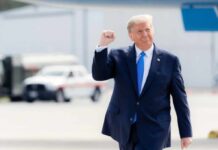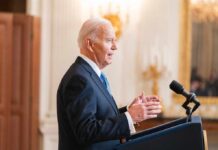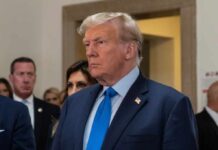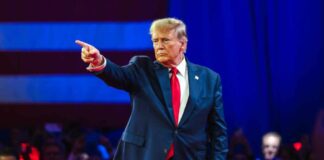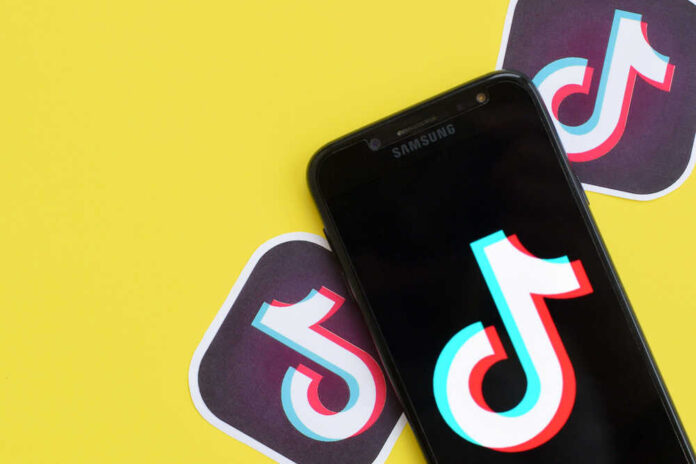
The Washington Post shifted gears recently in its stance on the controversial Chinese app TikTok, which is under fire for a host of national security concerns.
Even the Post can at times feel a shift in the breeze and realize which direction it should be leaning.
It was just last month when the outlet apparently defended the social media giant after it was banned on several college campuses. On Jan. 20, the Post opined that actions from universities along with those of several states amounted to “political grandstanding.”
In its typical wordy but meaningless style, the paper declared that “blocking taxpayer-funded workers from accessing entertainment apps is the kind of rote, bureaucratic micro-decision that information-technology staff often perform without government involvement.”
In other words, we disapprove.
Chinese spy flight controversy acting as catalyst for Congress to pass nationwide TikTok banhttps://t.co/DeVgpRfq4N
— FOX Business (@FoxBusiness) February 15, 2023
That apparently changed after Senate Majority Leader Chuck Schumer (D-NY) expressed his thoughts recently on moves to ban the platform. Speaking on ABC Sunday’s “This Week,” he said that a ban on the app “should be looked at.”
That’s all it took. The Post ran an exclusive interview with TikTok CEO Shou Zi Chew on Feb. 15 in which it leveled criticism at the platform for being a potential security threat. Shou had struck back at claims by a broad coalition of congressional leaders over several issues.
The Post described Shou’s appearance before Congress coming in March as “the fight of his professional life.” It will mark the first time he will sit before a congressional committee, and he should expect to be grilled on consumer privacy and data security practices, among other concerns.
These are troubled times for TikTok, whose parent company ByteDance is considered the world’s most valuable startup. A new law takes effect on Feb. 27 that bans the app from use on federal government employees’ work devices.
Over a dozen states have also moved to wipe the platform from devices they issued, and several major American universities no longer allow it to be accessed on their WiFi networks.
Further, the House Foreign Affairs Committee in March is set to vote on new legislation banning TikTok in the U.S.
It bears noting that former President Donald Trump made a valiant effort to rid the nation of this security risk. A rush of legal challenges and the end of his term prevented his success, and now the rest of the country — including the Washington Post — is catching on to his concerns.



